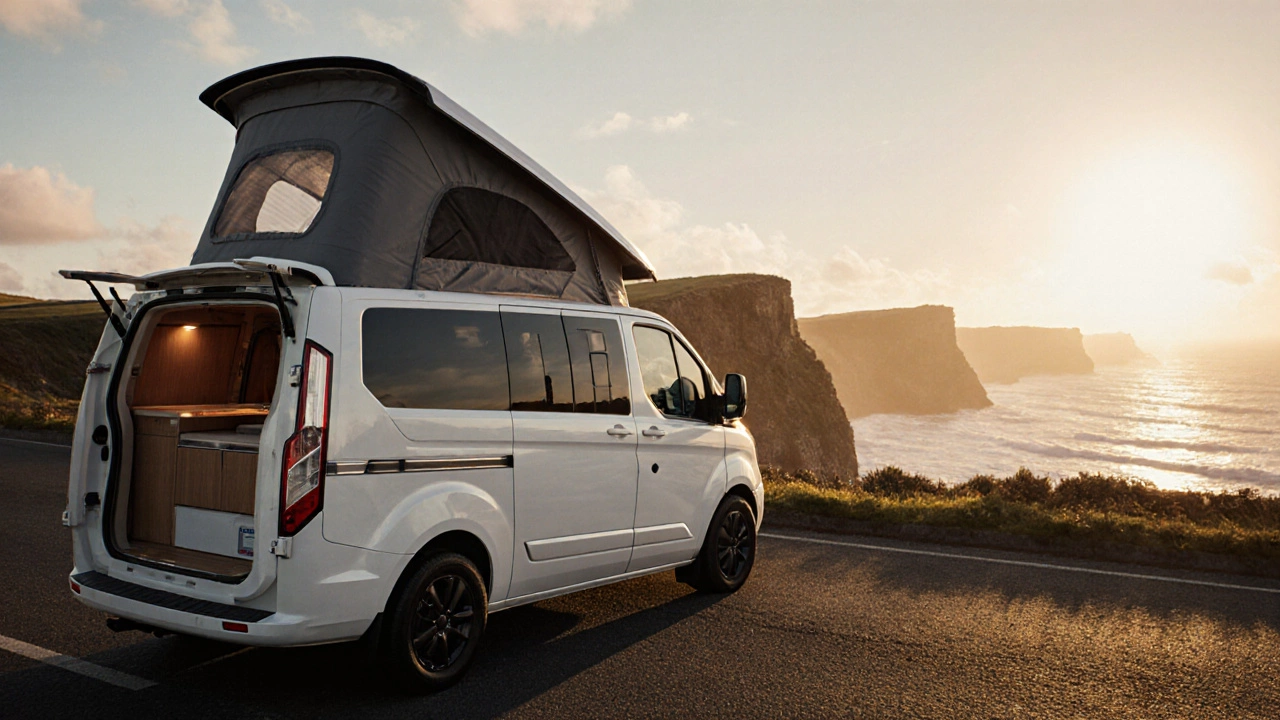Campervan Lifespan: How Long Can Your Motorhome Really Last?
When you hear campervan lifespan, the total period a camper van remains functional, safe, and financially sensible. Also known as campervan durability, it hinges on how you treat the vehicle, the type of build, and the conditions you travel in. RV ownership length, the average number of years owners keep their recreational vehicle offers a benchmark: most UK owners hold onto a motorhome for 7‑10 years before upgrading or selling. Campervan depreciation, the decline in market value over time directly shapes resale potential, so understanding how depreciation interacts with mileage, maintenance frequency, and storage conditions is key. In short, a longer campervan lifespan reduces total cost per mile, but it also demands regular upkeep and smart budgeting.
One major factor is the engine’s mileage. A diesel motor typically tolerates 150,000‑200,000 km with proper service, while gasoline units start showing wear around 100,000 km. Keeping oil changes on schedule and using quality filters can push those numbers higher, which in turn slows depreciation because buyers trust a well‑maintained record. Another piece of the puzzle is the chassis and suspension: heavy‑duty frames and leaf‑spring setups survive rough country roads better than lightweight aluminum shells, meaning fewer repair bills and a steadier resale price. Don't forget the interior – a robust kitchen unit, sealed windows, and a functional toilet system add to longevity; a cracked cassette toilet, for example, can force an early trade‑in. Seasonal storage matters too: storing the van in a dry, temperature‑controlled garage protects seals and prevents rust, extending the overall lifespan by several years.
Maintenance habits are the third pillar. Owners who follow a preventive schedule – checking tire wear, inspecting the brake system, and renewing seals before they crack – see a 20‑30 % longer usable life compared with those who only react to problems. This proactive approach also cushions depreciation; a recent service log reassures prospective buyers and often fetches a price 5‑10 % above market averages for similar age units. Finally, the financial side matters: understanding total cost of ownership (fuel, insurance, road tax, and repair fees) helps you decide whether to keep a van for the long haul or switch to a rental model. Many renters find that paying per trip eliminates worries about depreciation, yet long‑term owners reap the benefits of a lower cost‑per‑use ratio once the initial purchase is amortized.
Below, you’ll find a hand‑picked collection of articles that dig into each of these aspects. From legal quirks about where you can park overnight to in‑depth cost breakdowns for buying versus hiring, the posts guide you through the whole lifecycle of a campervan. Whether you’re weighing a purchase, planning to extend the life of your current motorhome, or simply curious about resale values, the insights here will help you make a smarter, more confident decision.
-
 VIEW POST
VIEW POSTCampervan Lifespan: How Long Does a Campervan Really Last?
Oct, 25 2025|0 CommentsDiscover how long a campervan typically lasts, the factors that affect its lifespan, and maintenance tips to extend its life for both owners and hire companies.